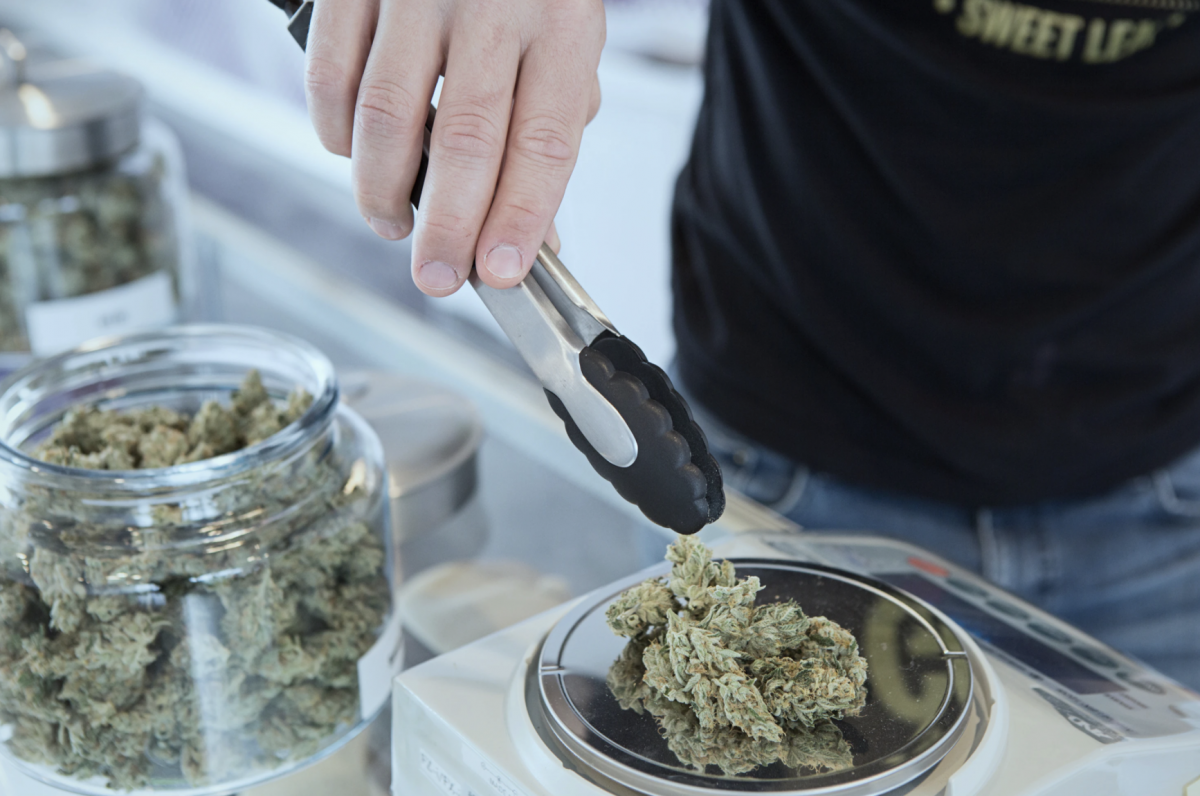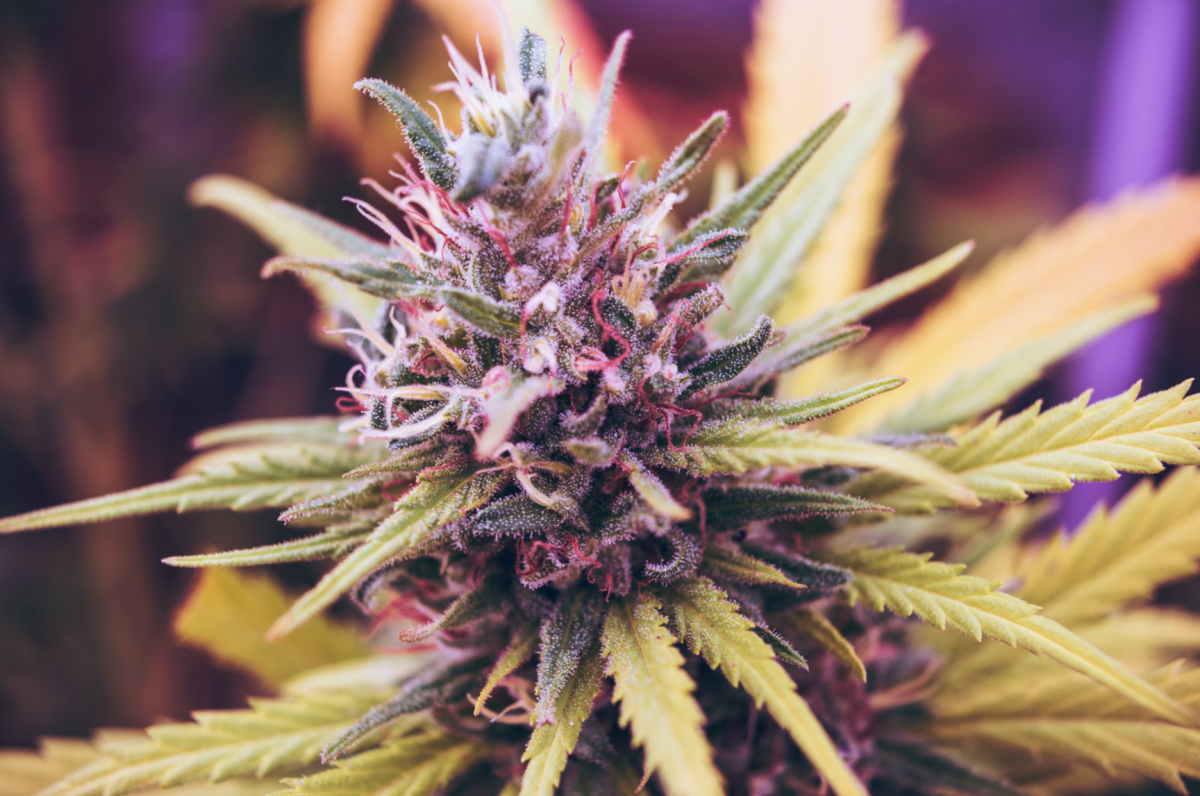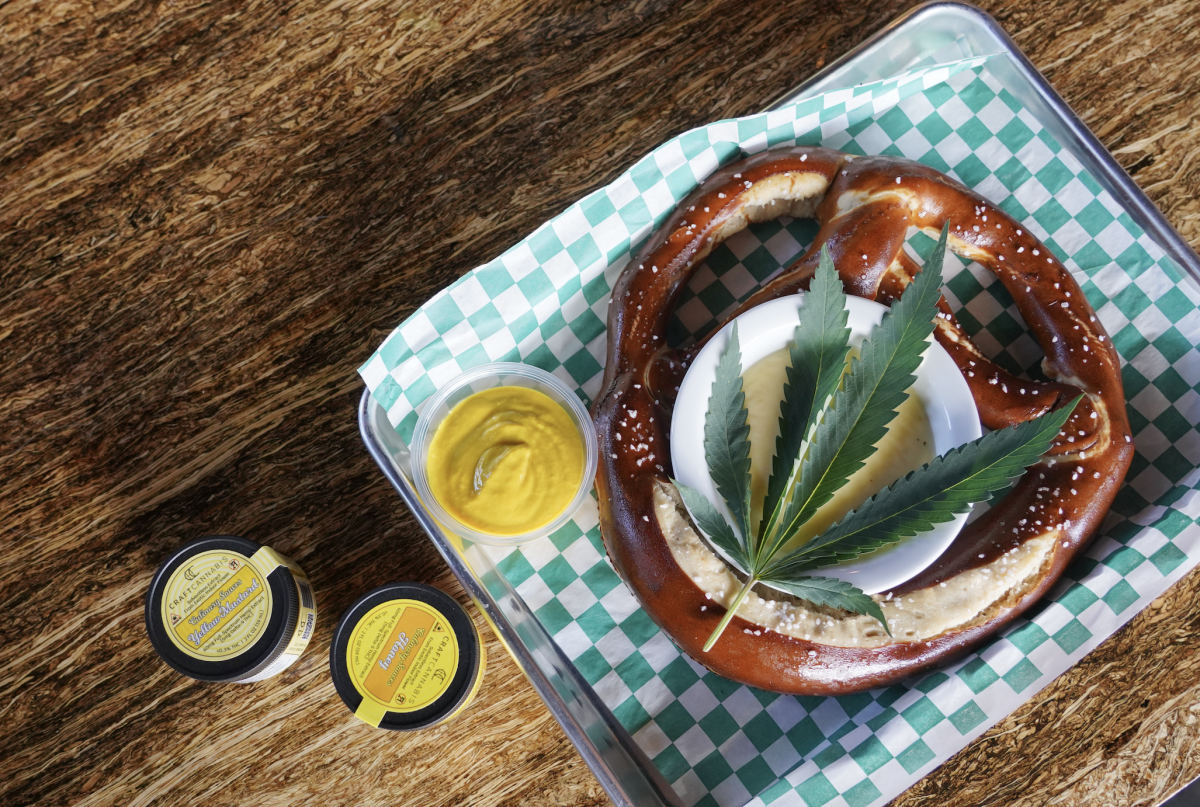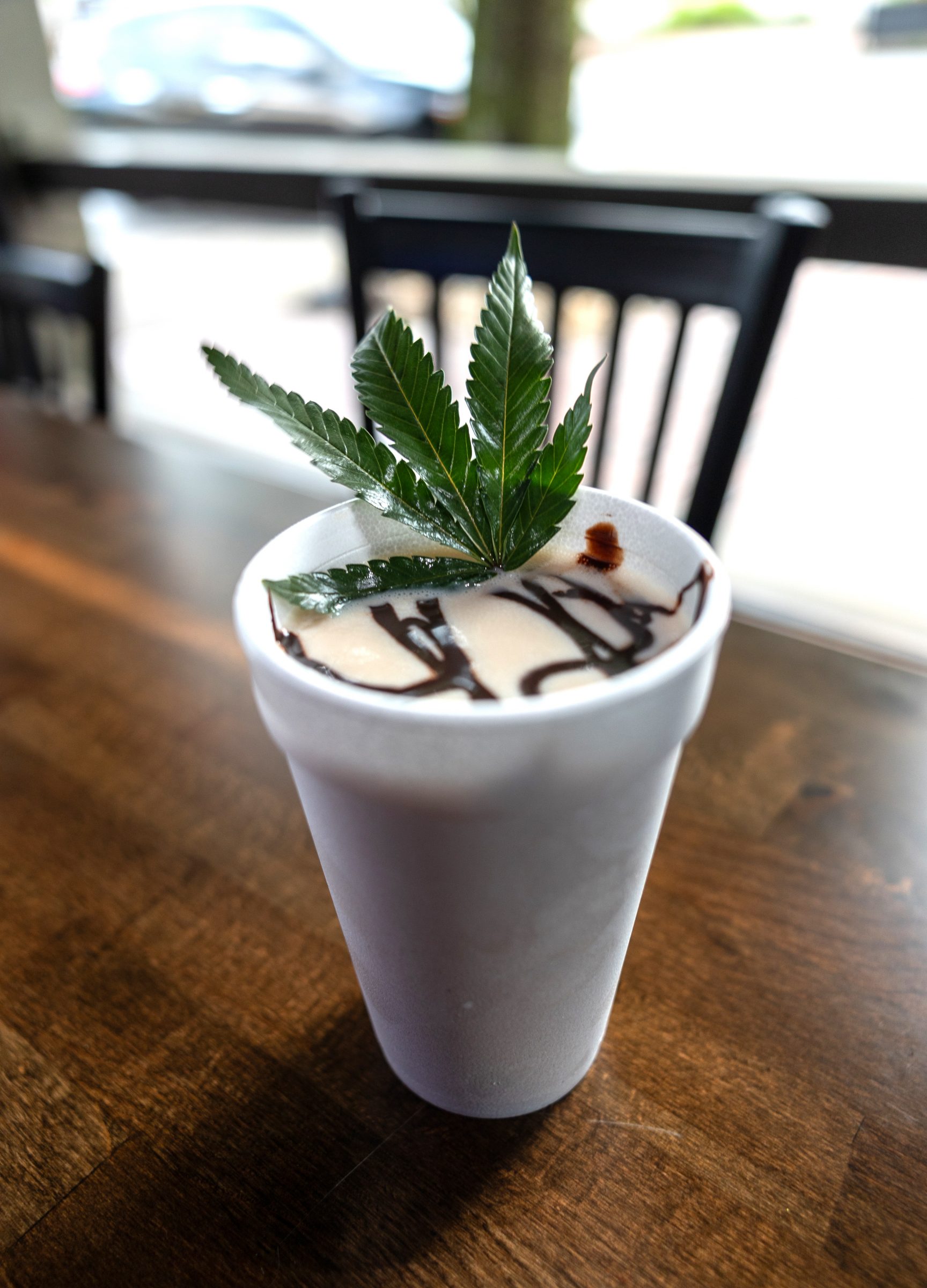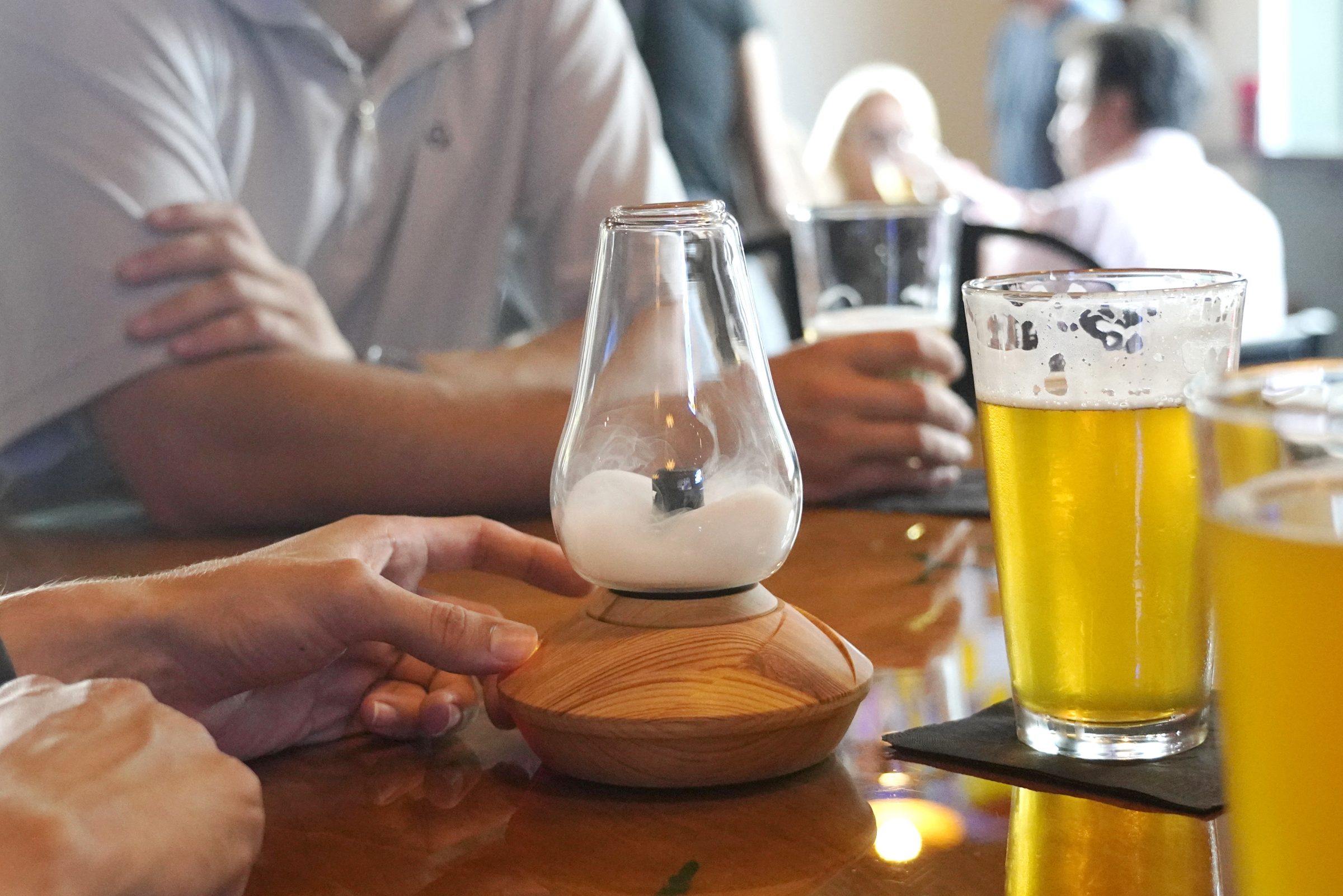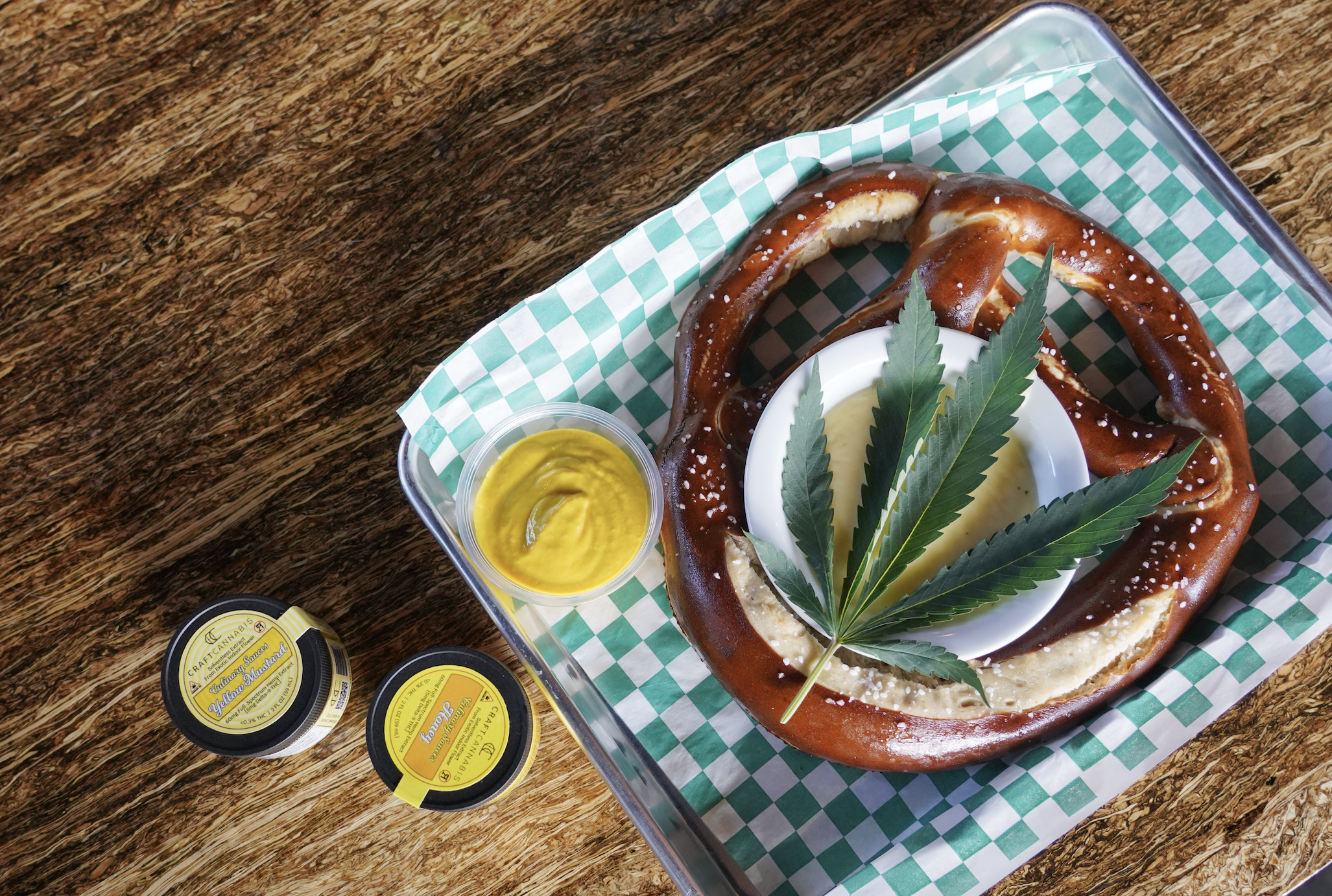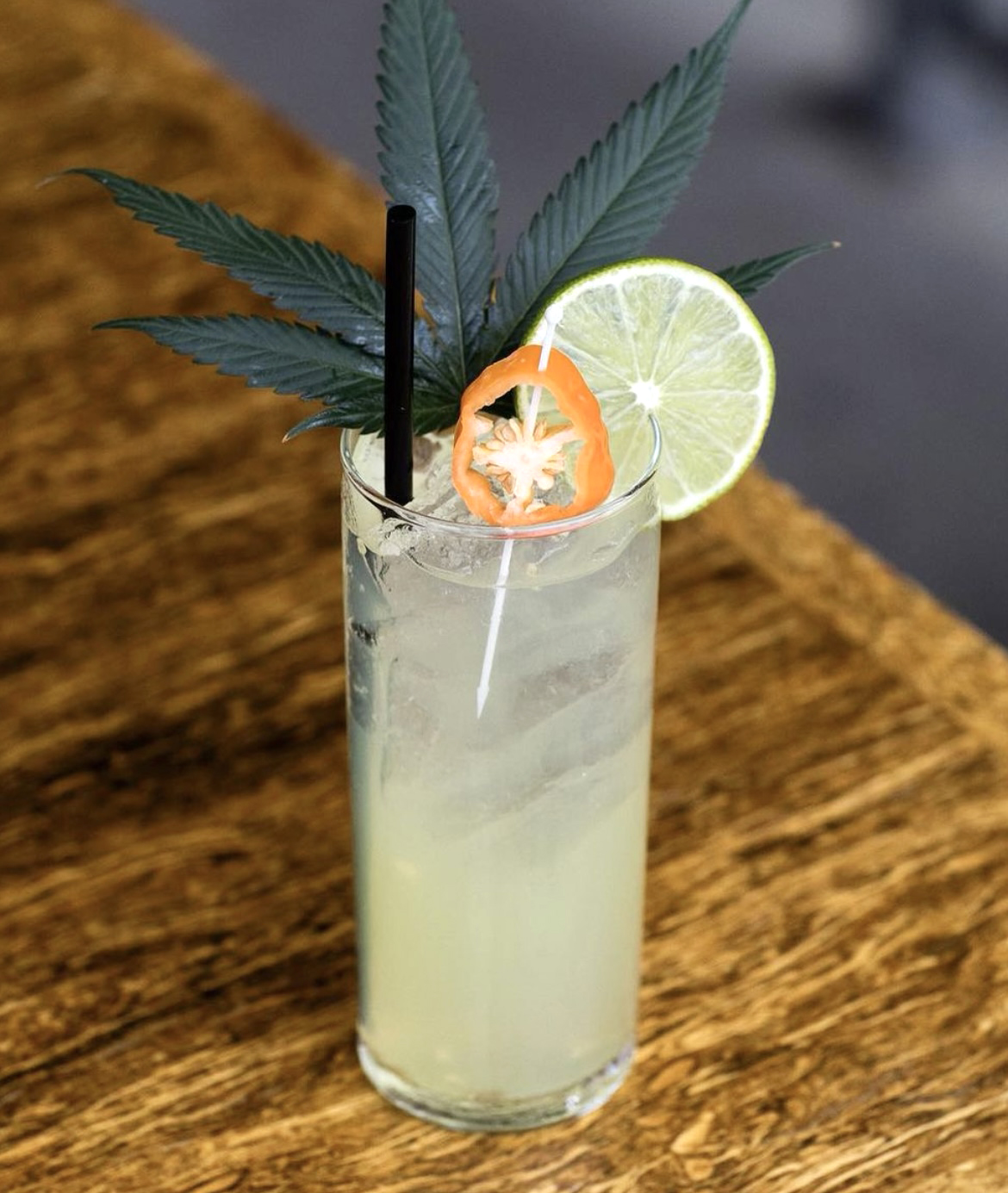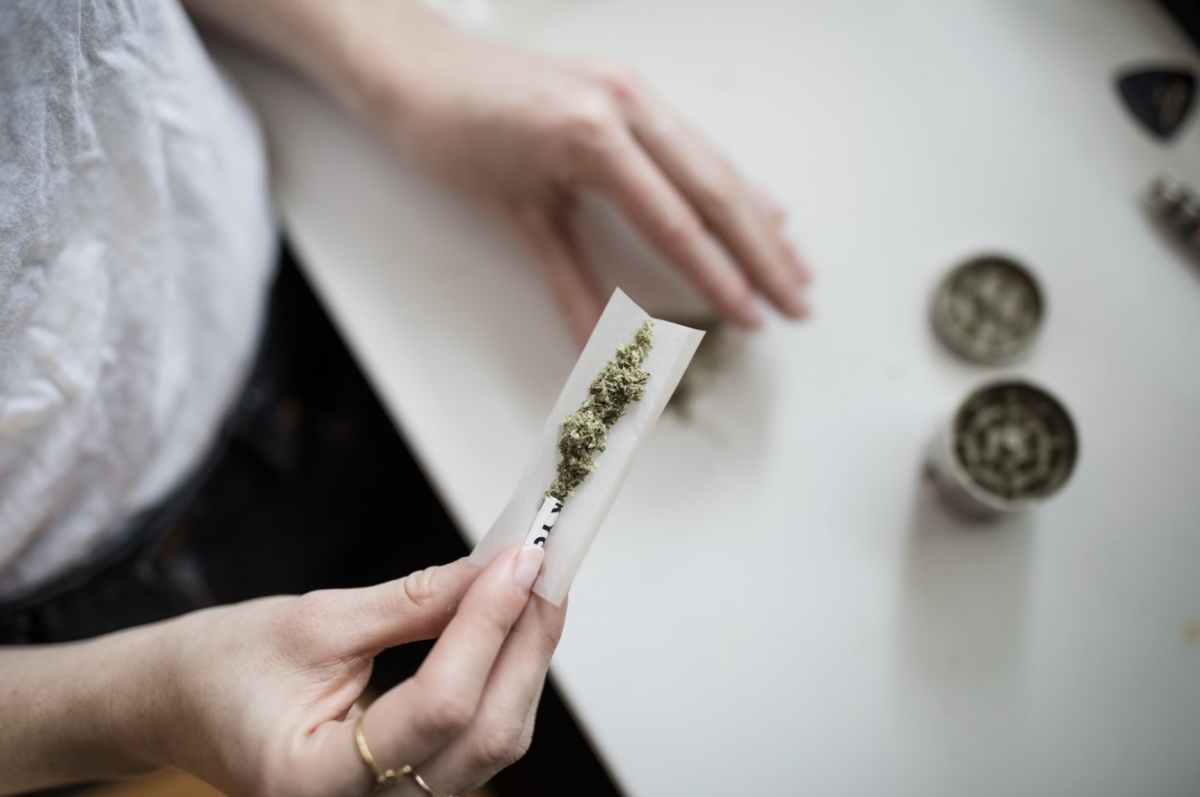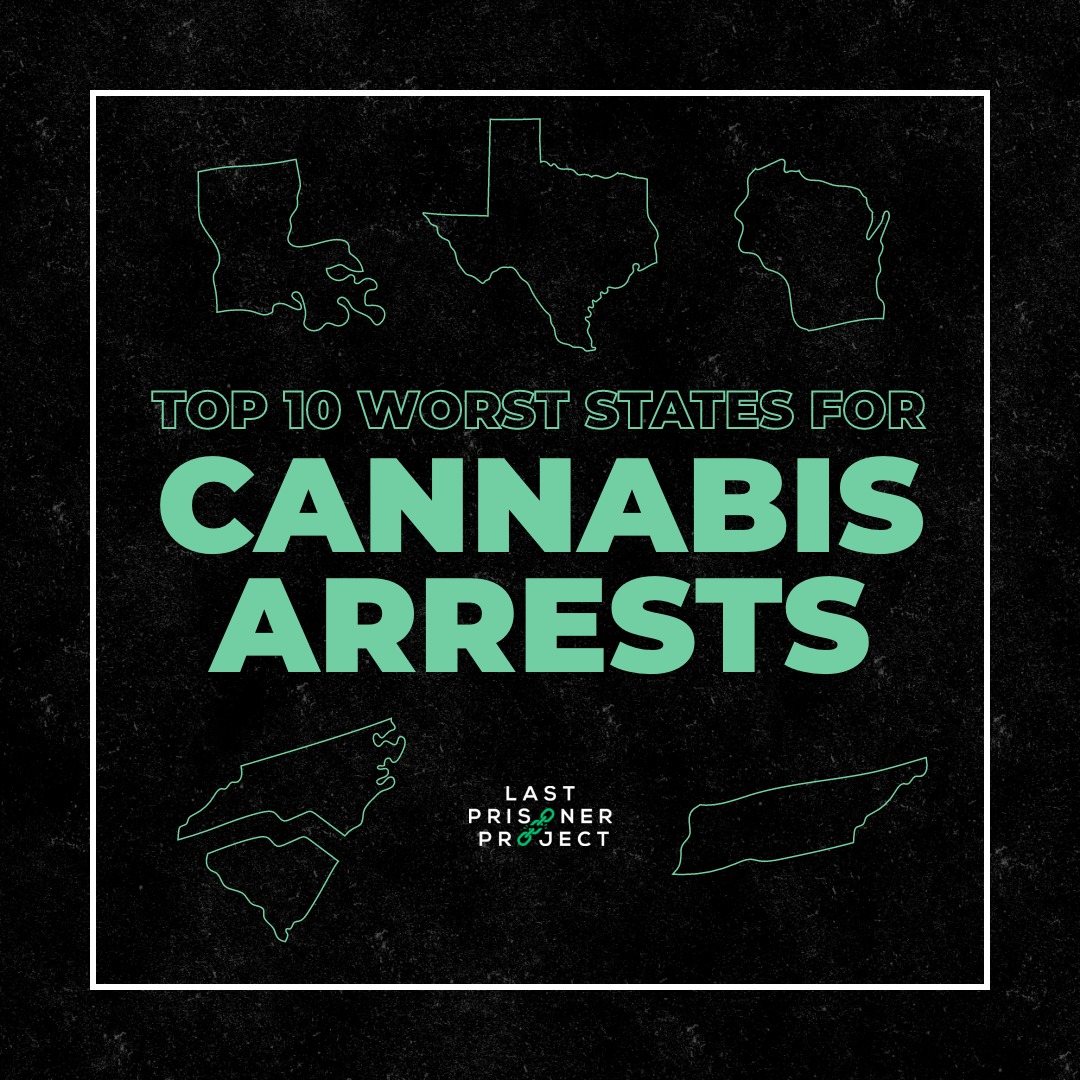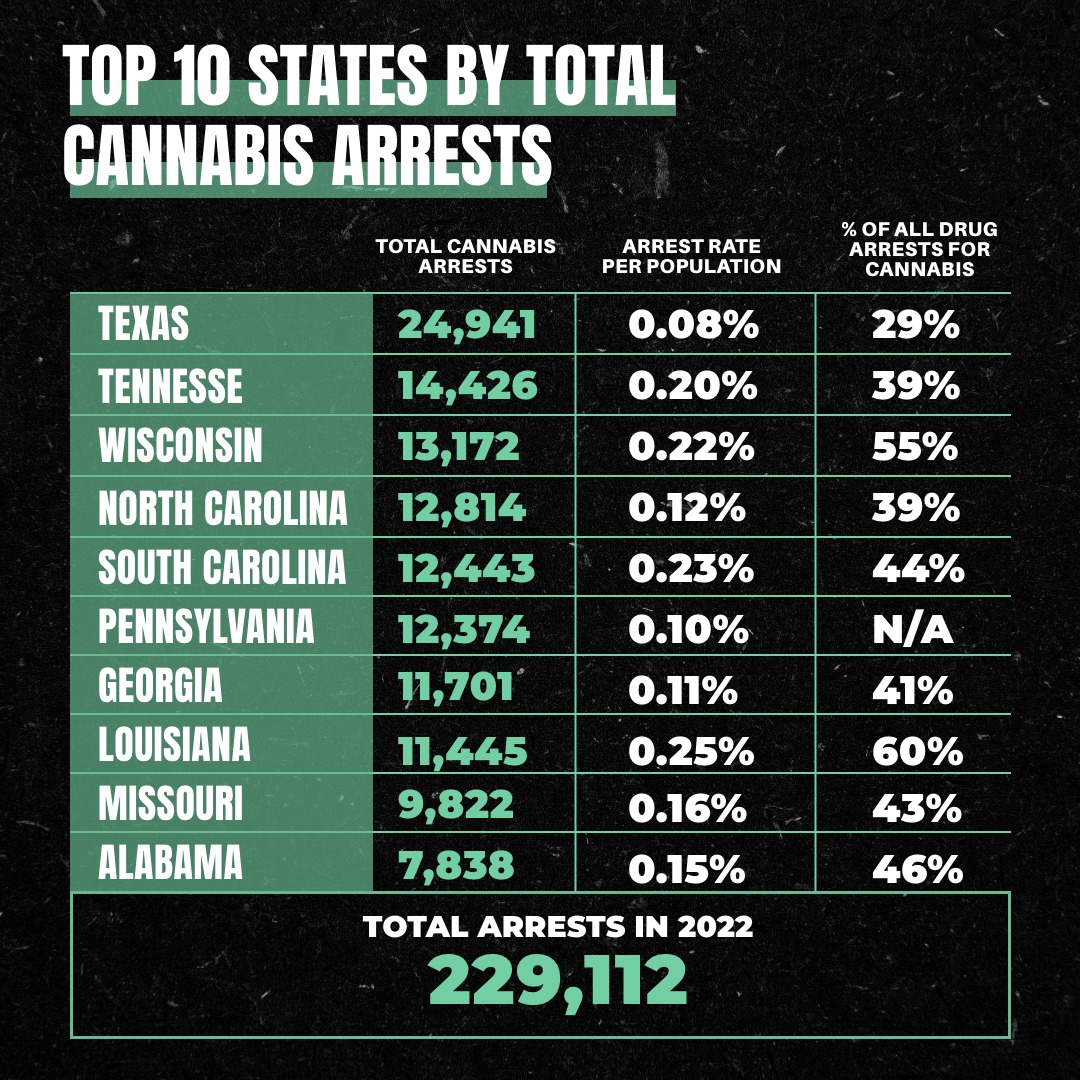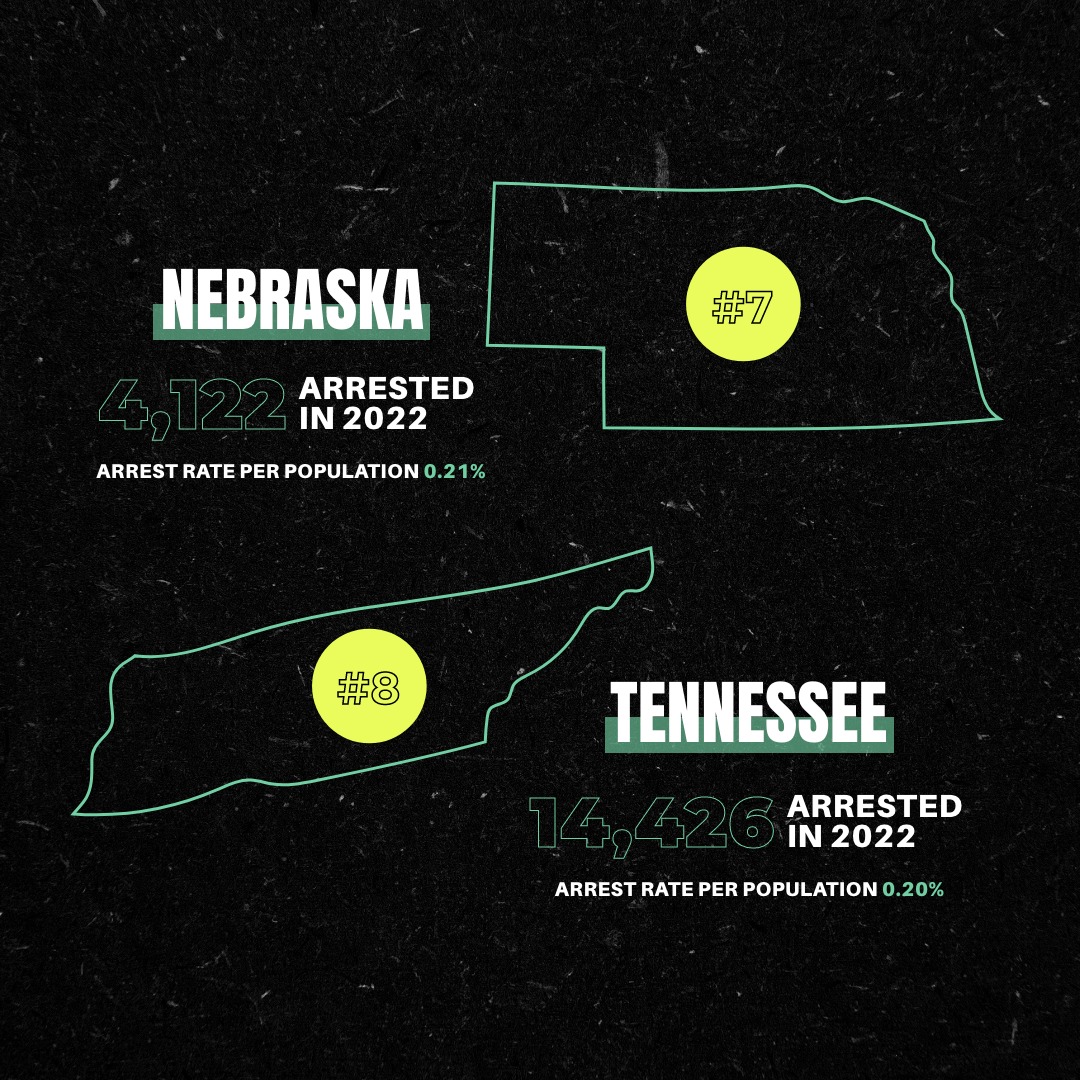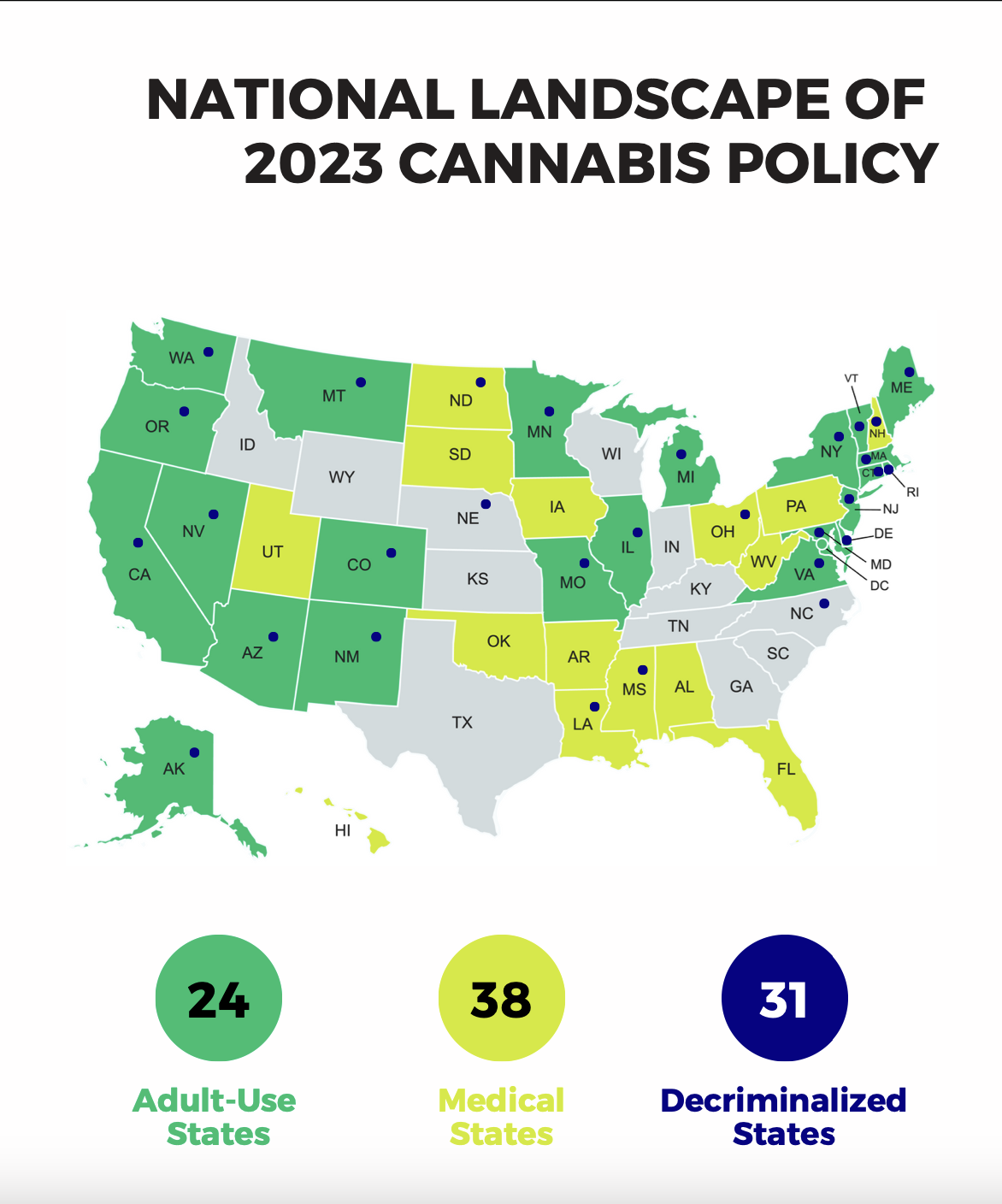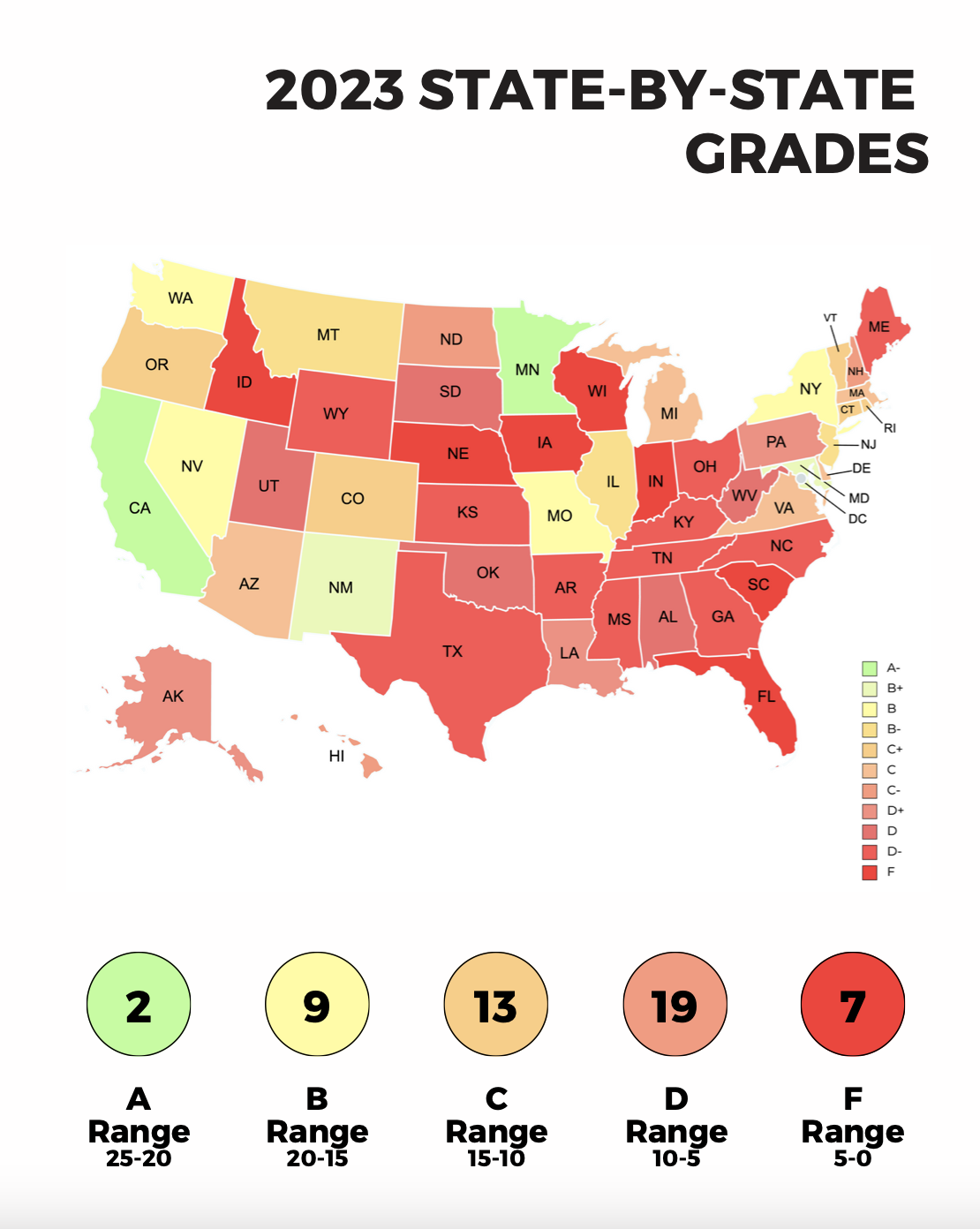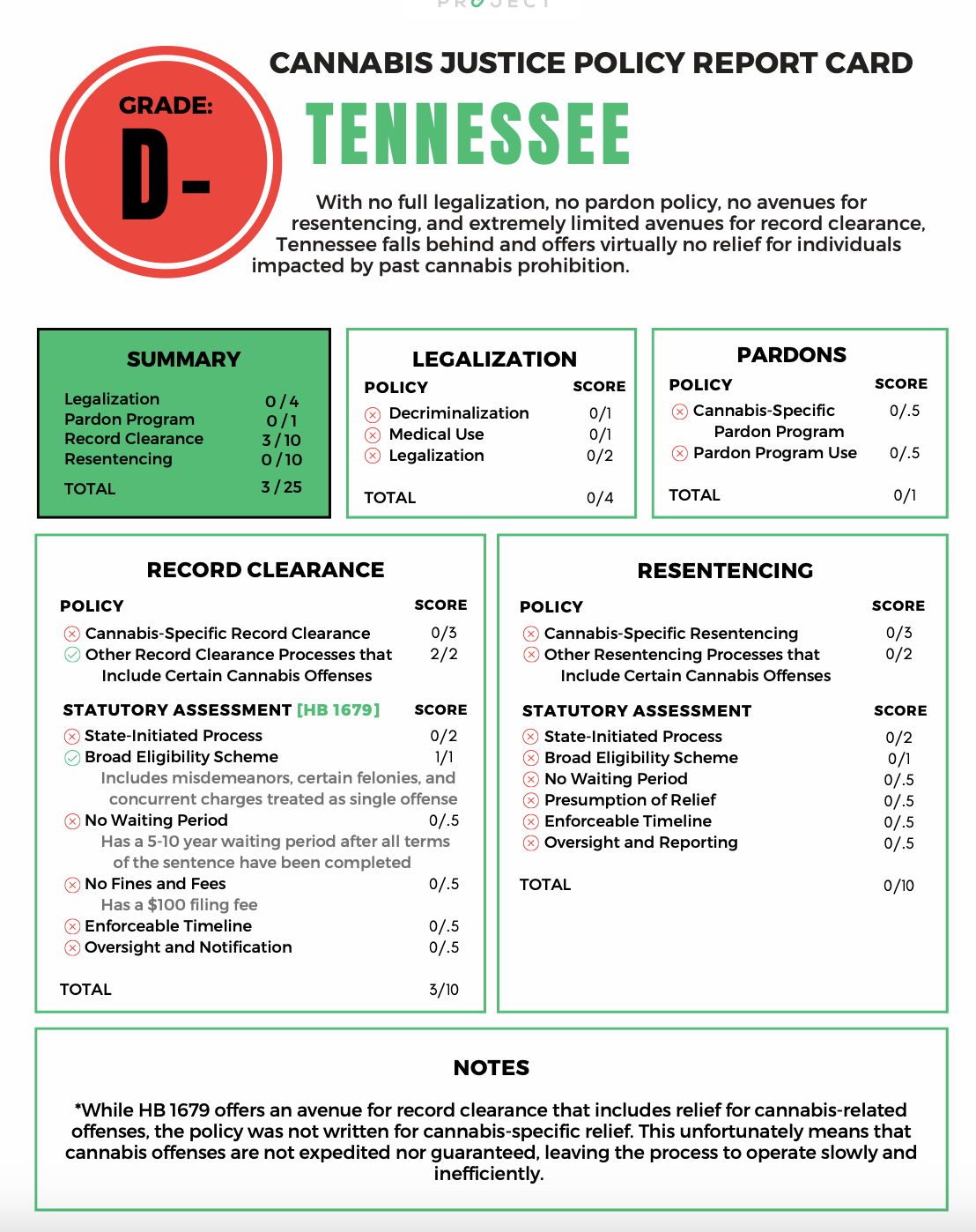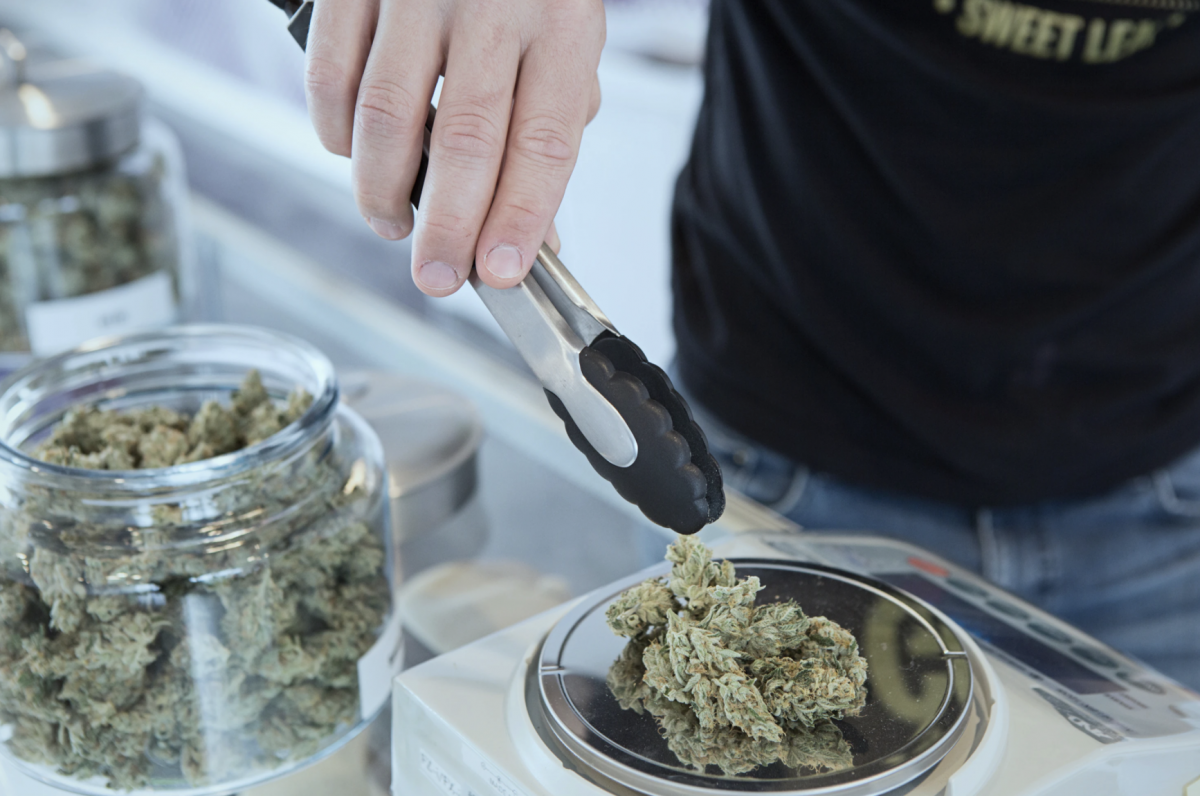Smokeable cannabis products, especially the THC they create when lit, took another — possibly lethal — blow Thursday as the Tennessee Senate followed the House in passing a law that bans products containing THCA.
House members passed an amendment last Thursday removing THCA from legal cannabis products in the state. THCA was already banned in the Senate version of the bill traveling through the committee process.
That bill passed Thursday after a lengthy floor debate ending in a vote of 23 to ban the substance and only nine against it. The only legislative glimmer of hope for cannabis companies across the state now is a veto from Tennessee Gov. Bill Lee.
Sen. Richard Briggs (R-Knoxville) sponsored the Senate bill. He argued the bill protects consumers, taxes cannabis products fairly, and does not harm Tennessee hemp farmers. He said much of the products on shelves here are grown out of state. But the bill was about a lot more than all of those, he said.
“We’re really gonna be voting here on whether to have recreational marijuana or not,” Briggs said, noting that many products on shelves here now will get consumers high. “If we vote no on this bill, we’ll have unregulated recreational marijuana.”
Briggs described an anything-goes market in Tennessee with a variety of products to smoke, vape, eat, and drink. Also, the product sold today, he said, is “not your grandfather’s marijuana” that “they confiscated at Woodstock.”
“The average strength of marijuana in 1995 was 4 percent,” he said, without confirming his source information. “You can walk 20 minutes down the street here and buy…gummy bears that are 10 times that.”
On Thursday, as he’s done for years when talking publicly about cannabis products, Briggs pronounced “gummy bears” as “goomy bears.”
Sen. Heidi Campbell (D-Nashville) agreed with many of Briggs’ points. But she said she could not vote for the bill out of fear that state-by-state regulation on cannabis products has increased “black market activity.”
“We all know that people are going to other states and getting the products and coming back,” Campbell said. “When we attempt to put regulations [on these products] we actually drive people to other markets and drive a market here that is less predictable and less controllable…because people are going to be selling tickets on the black market.”
Sen. Kerry Roberts (R-Springfield) pushed back on the bill because he said it would make it illegal to manufacture, cultivate, produce, and sell these products. But Tennessee criminal law now does not make it illegal to possess these products, he said.
“I could drive to Kentucky,” Roberts said. “I could drive to North Carolina. I could drive to all these surrounding states and I could load up my car with as much as I want, and I can bring it home. I can do what I want to do with it all day long. I’m not going to be prosecuted by any (District Attorney) in Tennessee for violating law because I will not have violated a law.”
Sen. Page Walley (R-Savannah) said he’d recently watched the Bob Dylan biopic A Complete Unknown. Dylan’s song, “The Times They Are A-Changin'” was an anthem for those in the Civil Rights Movements, Walley said. He said “times are changing right now.”
He explained that most were comfortable with most of the bill, but uncomfortable with 5 percent-10 percent. Though he never spoke in specifics, Walley seemed uncomfortable with the THCA provisions.
“We’ve really decided to change the rules and move the goalposts in this conversation after the game is in progress,” Walley said. “We told our farmers, we told our retailers, we told small business people who are honest, that are paying rents on facilities, that these were the rules.”
Sen. Jeff Yarbro (D-Nashville) agreed, saying “we’re pulling the rug out from under” Tennessee’s cannabis businesses. He the state is moving in a “prohibitionist direction” on cannabis issues while others move forward.
“We are too much, in this instance, like The Simpsons‘ character yelling at the clouds,” Yarbro said. “This is time for us to get serious, to get real, and actually help Tennessee consumers, to actually help Tennessee farmers, to actually help Tennessee businesses. And I don’t think this bill is the right way.”
The bill will become law upon Gov. Lee’s signature. Barring that, THCA protections are under review now in a lawsuit from the Tennessee Growers Coalition. That suit is to be heard this summer in Nashville.
